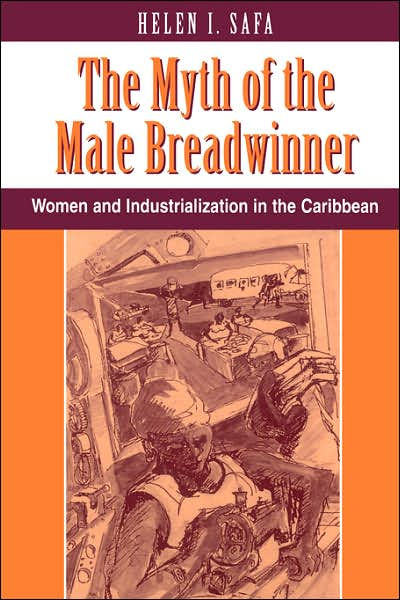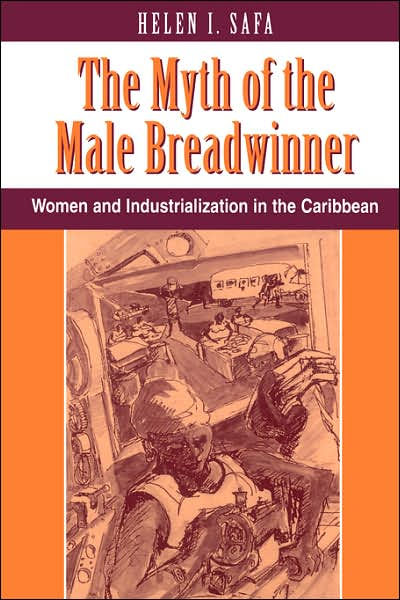Promotion
Use code MOM24 for 20% off site wide + free shipping over $45
The Myth Of The Male Breadwinner
Women And Industrialization In The Caribbean
Contributors
By Helen I Safa
Formats and Prices
Price
$43.00Format
Format:
Trade Paperback $43.00This item is a preorder. Your payment method will be charged immediately, and the product is expected to ship on or around May 23, 1995. This date is subject to change due to shipping delays beyond our control.
Also available from:
Today there is a growing debate about the effects of paid employment on women. Some observers argue that paid employment is the key to gender equality because it raises women's class consciousness and reduces their isolation within the home and their dependence on a male's wages. Others suggest that paid employment merely increases women's burden and reinforces their subordination, locking them into poorly paid, dead-end jobs.This book examines the debate through studies of women industrial workers in Puerto Rico, the Dominican Republic, and Cuba. The percentage of women in the labor force has grown rapidly in all three countries since 1970, but each country represents a radically different model of development. Puerto Rico's Operation Bootstrap was a forerunner of other “industrialization by invitation” strategies in the region, and the Dominican Republic represents a classic case of recently initiated, rapidly growing export manufacturing under the Caribbean Basin Initiative. Socialist Cuba continued to rely on sugar exports as a source of foreign exchange and on import substitution industrialization for the domestic economy. However, Cuba has made special efforts to incorporate women into the labor force and has made women's equality a key goal of its revolutionary strategy.The book focuses on three areas of these women's lives: wages and working conditions; the family, life cycle, and household composition; and political consciousness and participation in unions, political parties, and other mass organizations. Women are now making a critical contribution to the household economy, attributable in part to the growth of labor-intensive industrialization in the region. The increase in women's wage-earning capacity is reflected in authority patterns and in women's greater control over the household budget. However, women continue to be confined to poorly paid jobs and to be marginalized by political parties and labor unions, which persist in regarding them as supplementary wage earners. Women workers have been more effective in challenging their subordination in the home than they have been in the workplace and in relationship to political parties or the state. This finding challenges feminist theories that locate the sources of women's inequality solely in the family and suggests that such theories need to be augmented by studies of subordination at the level of the workplace and of state policy.
Genre:
- On Sale
- May 23, 1995
- Page Count
- 208 pages
- Publisher
- Avalon Publishing
- ISBN-13
- 9780813312125
Newsletter Signup
By clicking ‘Sign Up,’ I acknowledge that I have read and agree to Hachette Book Group’s Privacy Policy and Terms of Use







